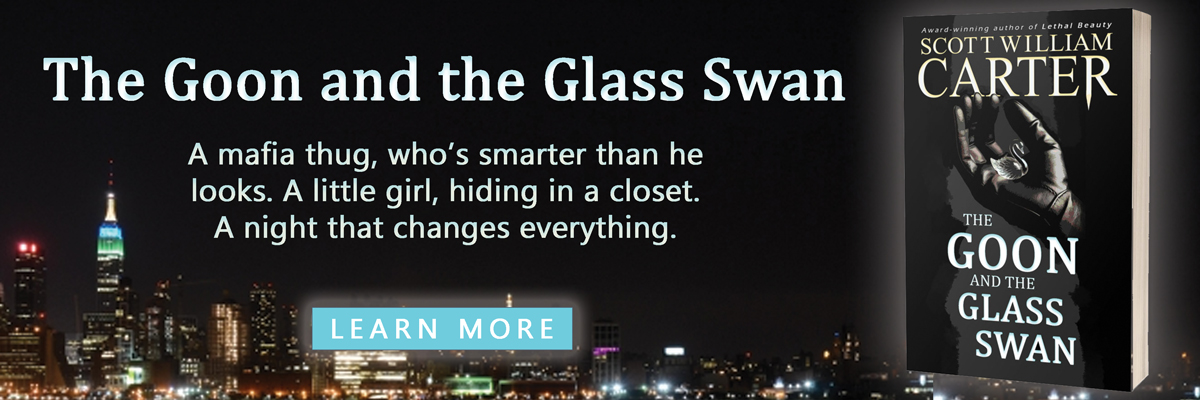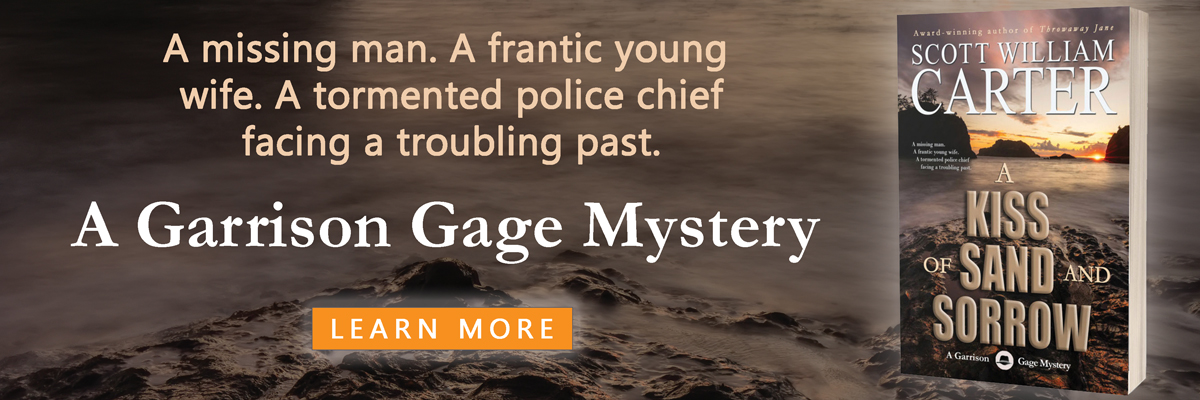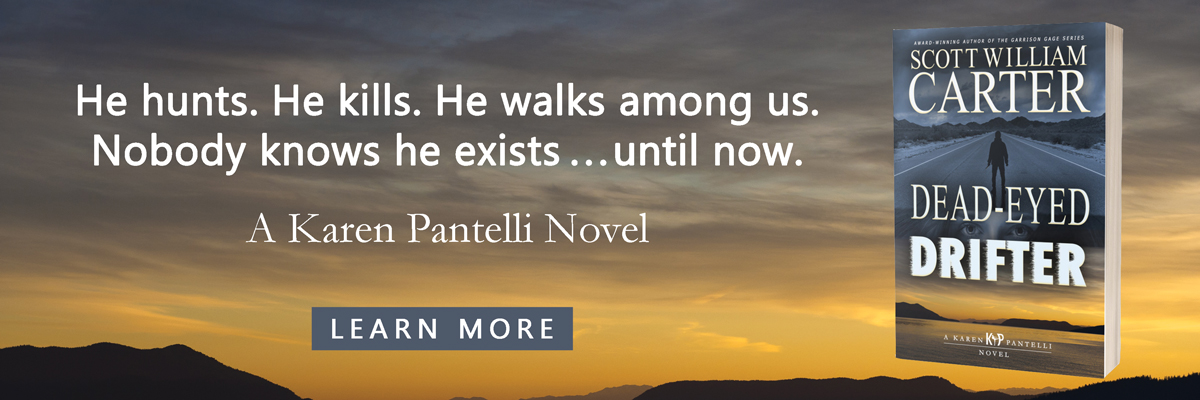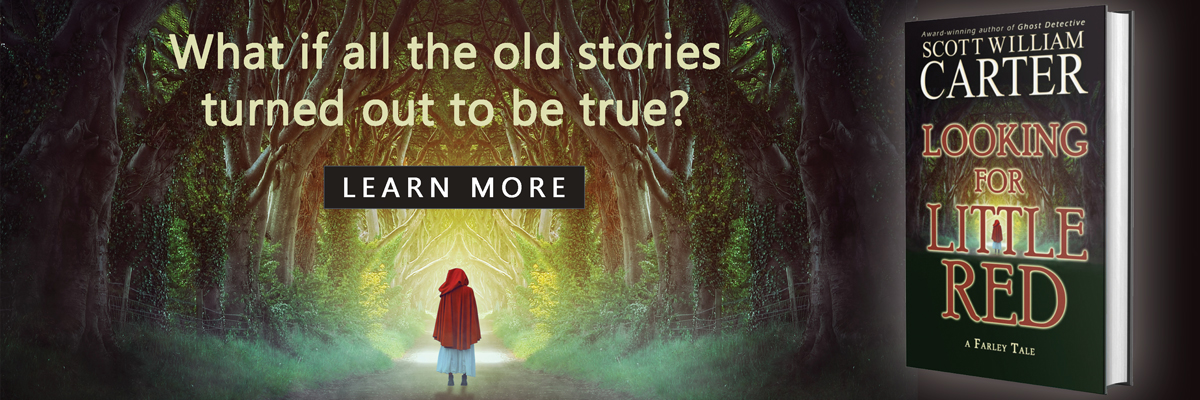Most writers don’t like math, but I’m in the mood to talk about the above formula this morning. First, let’s start with two numbers for the aspiring professional fiction writer:
I was thinking about these two numbers this morning on my way to the day job. I was thinking about how hard I’ve worked over the years to get myself into this position — where I’ve sold a book and three dozen short stories, and have two more books that I feel good about now out in editors’ hands. There are no shortcuts, you know. I sometimes get the feeling when I talk to aspiring writers that they’re looking for shortcuts — tips and tricks to spare them the long agonizing years of work to pound their craft into shape. But no, the road is hard. How fast you go down the road depends solely on how hard you’re willing to work.
But what does that mean? That’s where those two numbers come in. The first, 10,000, is the number of hours of concerted practice various assessments have determined it takes to reach a level of mastery in any field. Let’s break that down. If you practiced an hour a day, every day for a year, you’d end up with 365 hours. If you did that for ten years you’d have 3650 hours. How long would it take to reach 10,000 hours at one hour a day of practice? The answer is 27.4.
However, when they’ve studied professional musicians, they find that those who achieve mastery (even the really young ones) practice more than an hour a day. In fact, it’s closer to three to four hours a day. At three hours a day of practice, that would be 1095 hours. Let’s say you miss a few days here and there due to illness and other matters and round it off at 1000 hours. So according to this formula, if you practiced three hours a day, you’d achieve mastery in about 10 years. Which, interestingly enough, is about the length of time they’ve found for very serious musicians. If they start seriously practicing at age 10, they achieve mastery at age 20 and everyone hails them as geniuses when in fact they just put in the hours.
This is why I tell people I wish I worked harder earlier on. The people who achieved early success in writing did so because they worked harder, not because they were more gifted. I didn’t realize how hard I needed to work until I reached my mid twenties.
The other number, 1,000,0000, is the number of new words of fiction many professional writers say you have to write before you get anywhere close to a publishable level. Let’s break this number down, too. Most writers shortly get up to a speed of two to three manuscript pages an hour, which is 500-750 words. Some more, some less, but the bulk of professional writers fall in that range. Let’s be conservative and say it’s 500 words. How many hours would you need to write to reach 1,000,000 at that pace? About 2000.
Ah, you think, so it’s easier to reach mastery as a writer than as a musician. Oh, no. Remember, I said publishable. That’s akin to being able to get paid to play the piano at your local bar; it means you’re good enough that someone’s willing to fork out some cash for your work. It doesn’t mean you’ve reached mastery. What’s mastery? Well, that depends on your goals, of course, but the bare minimum, I think, would be making a good living from your craft.
Let’s turn it around another way. How many words would we write at 500 words an hour for 10,000 hours? Well, that’s 5,000,000 words.
And I think that’s a pretty good benchmark. Ten years of practice at three hours a day, every day, will get you there. If you put in an hour a day, take thirty years.
Seem daunting? Good. It’s not a road for the faint of heart, so turn back now if you don’t want to put in the work. Me, I’m hoping my hard work graduates me from playing at the local bar to making a good living at my craft. How long will it take me to get there? Well, let me see, let’s crunch some numbers . . .
Nah, I’m better off spending that time practicing.





